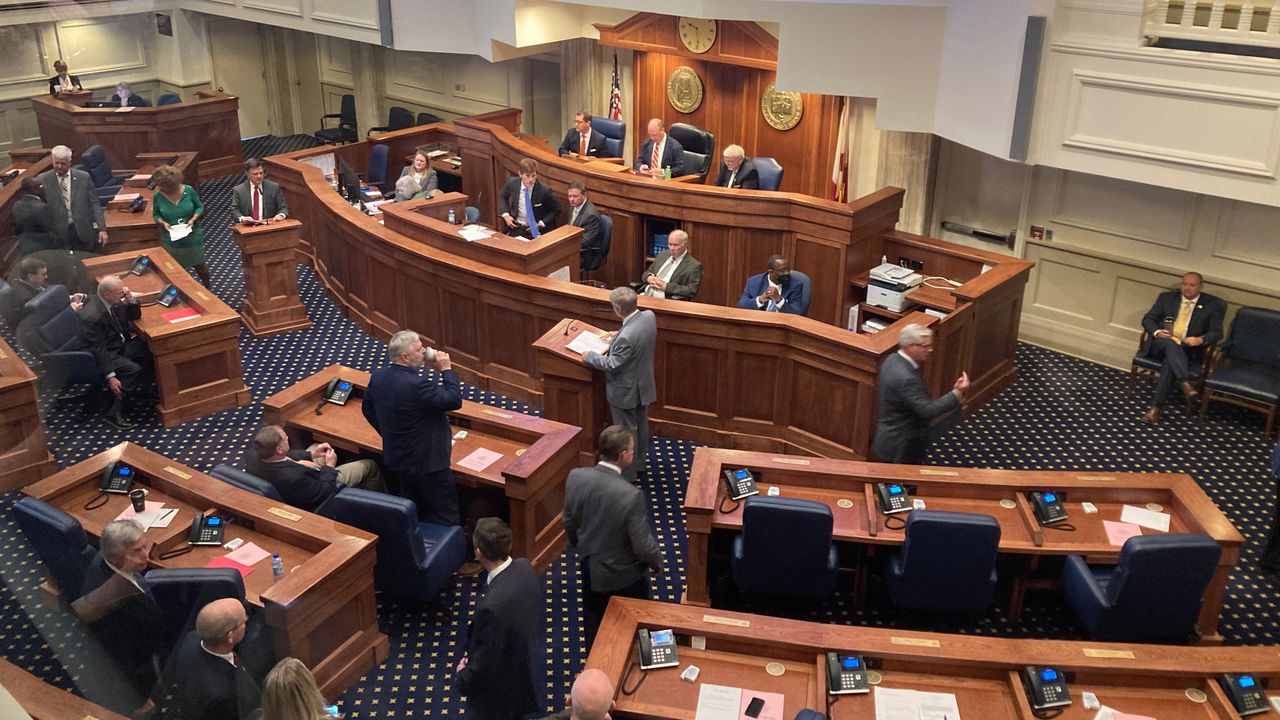Senate passes bill to require timely response to open records requests
The Alabama Senate has passed a bill to put time requirements in the state’s open records law, which requires state, city, and county agencies, as well as school boards, to give people access to government records and documents.
Alabama’s open records law says people have a right to view and obtain copies of public records. But the law places no requirements on when agencies must respond to requests for records.
Alabama Press Association Executive Director Felicia Mason said the bill would be a good first step toward strengthening the law. The APA has supported putting more teeth in the law for years. But those bills have stalled.
“The idea was to get some time limit in the law,” said Mason, who has been executive director for 35 years.
The lack of time requirements and other weaknesses in the law can thwart public access to information. A 2019 study by a researcher at the University of Arizona ranked Alabama last among states in responsiveness to requests for records.
Gov. Kay Ivey issued an executive order in January directing state executive branch agencies to be more responsive to public records requests and setting timelines.
The bill that passed today, SB196, by Sen. Arthur Orr, R-Decatur, would require a public officer who is a custodian of records for an agency to acknowledge receipt of a request for records no more than 10 business days after receiving it. No more than 20 days after a request, the public officer would have to give a response to the request in one or more of several ways:
- Provide access to the records at a mutually agreed place and time during normal business hours.
- Give an estimate of the costs for copying and producing the records.
- Deny the request in full.
- Grant the request in part and deny it in part. That could be because the records requested fall under an exception to the public records law. Or it could be because the agency does not have the records.
The public officer could ask the requester to narrow the scope of the request in certain circumstance. If fulfilling the request takes longer than 20 days, the public officer could provide an estimate of the additional time needed, which could be up to 45 days, plus 15 days to determine whether a record is sensitive or otherwise nonpublic information.
If the public officer denies the request in whole or in part, they have to identify the subject matter of the withheld records that are withheld and the reason.
Mason said the APA worked with counties, cities, and school boards on the bill. Mason said there are still improvements that can be made to the law and expects to advocate for those next year. The law allows agencies to charge reasonable fees for the cost of providing documents. Mason said that should be better defined. Also, the law does not provide any specific recourse denials of records requests.
The Senate passed Orr’s bill by a vote of 33-0 today. Mason is hopeful the House will pass it and send it to Gov. Kay Ivey, who could sign it into law.
“It’s not perfect, I will tell you,” Mason said. “But it’s certainly better than where we are now.”
